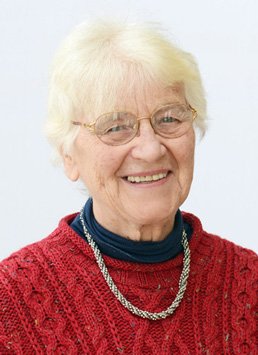Society for the Study of Women Philosophers, Inc.
a non-profit, tax-exempt educational charity 501(c)3 Internal Revenue Code
Mary the Jewess
circa 100 BCE
Neoplatonism, Metaphysics
|
Kate Lindemann's Women Philosophers pages |
 |
Remember!! Your purchase of books by clicking on Abe Books or Amazon links through this site earns us a small commission that is used to provide travel scholarships. |
She was born between the first and third centuries AD in Egypt. She was a
Platonist natural philosopher. She was the first alchemist in western
philosophy. Most pre-Socratic philosophers where interested in the
physical changes of matter. Later, Peripatetics and Epicureans inherited
such practices. However, Mary was the first one chiefly interested in
the chemical changes of matter. Some instruments still used in modern
chemistry were initially developed by her, according to natural
philosopher Zosimos.
Mary was influential in the Imperial Roman
worldview that mixed mysticism and science to explain the universe. In
this way, she is a precursor of Medieval science. According to
Christianos the alchemist, she is the first ancient philosopher that
stated the philosopher´s stone hypothesis. The idea of transmuting the
elements led to the study of the structure of matter in the following
centuries. While the most ancient physicists like Thales and Anaximenes
believed everything was made of the same substance, later scholars such
as Democritus and Epicurus believed that matter was made up of an
incredibly large number of substances. The idea of the philosopher´s
stone suggests that there is an underlying common substance to all
matter, as it can be interchangeably transmuted. This idea is based in
the changes of the four elements of Anaximander suggested by Plato in
the dialogue "Timaeus". The philosopher´s stone agenda is to try to
perform this in real life as a technological assay. The philosopher´s
stone hypothesis has been shown false through scientific experiments.
However, this paved the way for the study of the structure of the atom
and the periodic table of chemical elements.
by Ernesto Alvarado Reyes (Mexico City)
Society for the Study of Women Philosophers